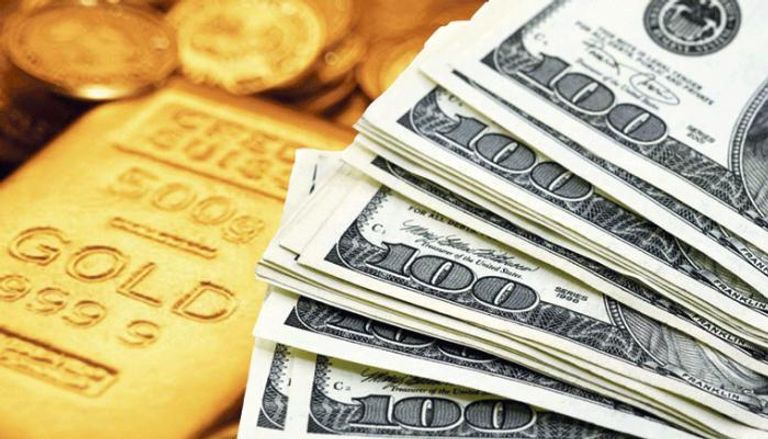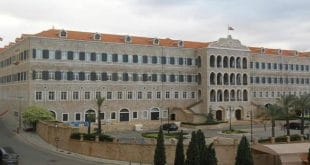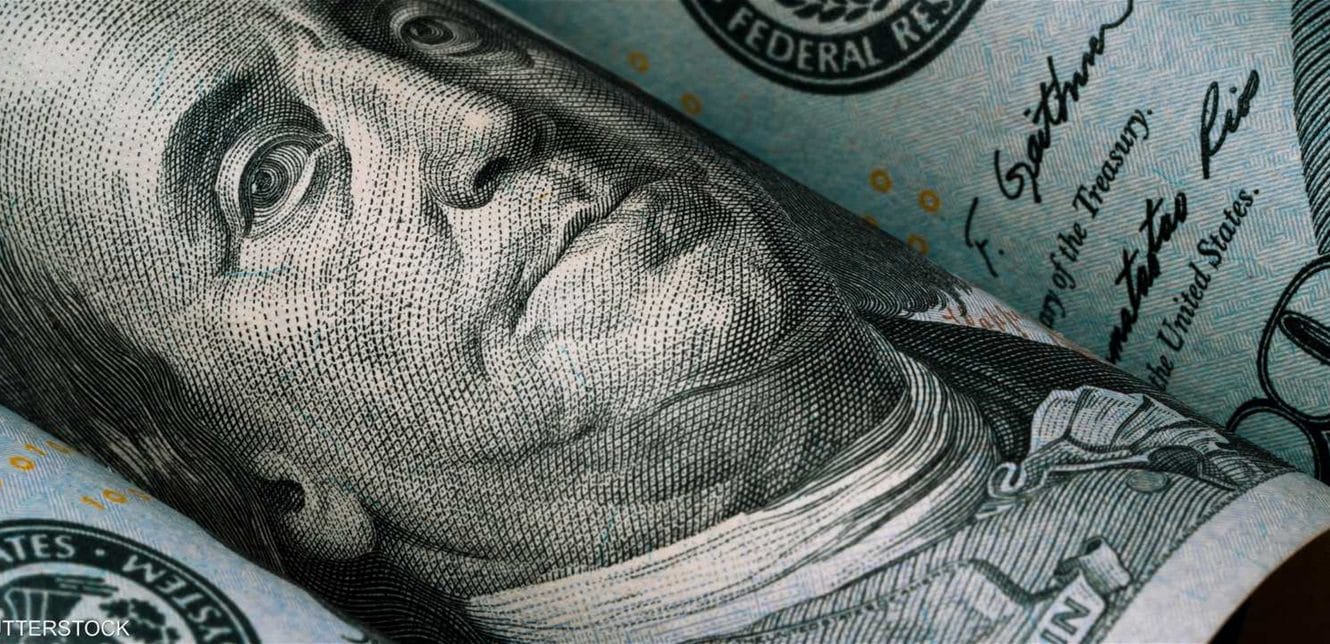التحديات الكبرى أمام خيار بيع أو تأجير الذهب في لبنان: الأبعاد الاقتصادية والسياسية
منذ انضمام لبنان إلى نادي الدول التي تعتمد التغطية الذهبية للنقد الوطني في عام 1948، استطاع أن يراكم احتياطياته من الذهب لتصل إلى 286.8 طنًا، وهو ما يعادل نحو 10 ملايين أونصة من الذهب، في وقت كانت تُعتبر فيه احتياطيات الذهب بمثابة “الخط الأحمر” الذي يحمي الاستقرار المالي والاقتصادي للبنان.
لكن مع الأزمة الاقتصادية التي يمر بها لبنان اليوم، تزايد الحديث عن إمكانية اللجوء إلى بيع جزء من احتياطات الذهب أو تأجيره من أجل تمويل خطط إنقاذية تهدف إلى إعادة النهوض بالاقتصاد اللبناني. بعد الزيارة الأخيرة لوفد صندوق النقد الدولي، والتي أشار خلالها البعض إلى مرونة أكبر في قبول بيع جزء من احتياطيات الذهب بعد ارتفاع قيمتها إلى مستوى قياسي بلغ 29 مليار دولار، بدأ طرح هذه الفكرة بشكل علني.
الخيارات المطروحة: البيع أم التأجير؟
بيع جزء من الذهب: يرفض العديد من المسؤولين في لبنان، بمن فيهم النائب الأول لحاكم مصرف لبنان، الدكتور وسيم منصوري، فكرة بيع الذهب، مؤكدًا أن ذلك سيكون بمثابة “ضرب من الجنون”. فهو يرى أن اللجوء إلى بيع الذهب سيؤدي إلى تهديد استقرار البلاد على المدى الطويل، معتبراً أن الإصلاحات الهيكلية هي الحل الأمثل للخروج من الأزمة.
تأجير الذهب: من جهة أخرى، قد يكون خيار تأجير الذهب للمصارف الأجنبية حلاً أقل تكلفة، ولكنه يظل محفوفًا بالمخاطر. من الممكن أن تؤدي عملية تأجير الذهب إلى إضافة قيمته إلى موجودات المصارف المستأجرة، مما يعني أنه في حال إفلاس أحد هذه المصارف، يمكن أن يتم الحجز على الذهب. ووفقًا للمصادر، فإن البنوك الكبرى مثل “جي بي مورغان” و”سيتي بنك” تقدم بعض الضمانات، إلا أن هناك خطرًا حتى مع وجود هذه الضمانات.
العقبات القانونية والسياسية
هناك العديد من العقبات التي قد تواجه الحكومة اللبنانية في حال اتخاذ قرار بيع أو تأجير الذهب:
القرار الحكومي: يتطلب الأمر توافقًا حكوميًا موحدًا ومحصنًا باتفاق سياسي، نظرًا لأن هذا القرار سيكون غير محبوب من قبل الكثير من المواطنين.
موافقة مصرف لبنان: الذهب مملوك قانونًا لمصرف لبنان، وهو من يمتلك الصلاحية في اتخاذ قرار البيع أو التأجير.
القرار النيابي: يجب أن يتم تعديل القانون رقم 86/42 الصادر في عام 1986، والذي يمنع بيع ذهب مصرف لبنان، ما يتطلب غالبًا دعمًا نيابيًا كبيرًا.
الحلول المحتملة وأثرها على المودعين
من ناحية أخرى، تشير بعض المصادر إلى أنه إذا تم بيع الذهب، فيمكن استعادة جزء من الأموال المفقودة من المصارف اللبنانية، مما يعجّل في استرجاع الودائع للمواطنين. لكن هذا الخيار لا يخلو من المخاطر الكبيرة على المدى البعيد، إذ يمكن أن يؤدي إلى تسريع الانهيار الاقتصادي بدلًا من معالجته.
الخاتمة
يظل خيار بيع أو تأجير الذهب اللبناني في إطار المناقشات السياسية والاقتصادية، ويجب أن يترافق مع حلول جذرية للإصلاح الاقتصادي. على لبنان أن يوازن بين إجراء الإصلاحات الهيكلية وتحقيق استقرار مالي على المدى الطويل، مع الأخذ بعين الاعتبار تأثير ذلك على الشعب اللبناني وعلى الثقة في النظام المالي والمصرفي.
Lebanon’s Gold Reserves: The Dilemma of Selling or Leasing to Overcome the Economic Crisis
Lebanon, since joining the group of countries that use gold to back their national currency in 1948, has accumulated a significant amount of gold reserves, reaching 286.8 tons, equivalent to about 10 million ounces of gold. Historically, gold has been considered a “red line” asset, sacred to the country, protecting the value of the Lebanese pound and the economy.
However, with Lebanon’s ongoing financial crisis, discussions have resurfaced about potentially selling or leasing part of its gold reserves to finance bailout plans and help revive the economy. Following the recent visit of the International Monetary Fund (IMF) delegation, some Lebanese politicians have raised the possibility of selling a portion of Lebanon’s gold, especially after its value soared to a record $29 billion.
The Proposed Options: Selling or Leasing Gold?
Selling Gold: Many officials, including the First Deputy Governor of Lebanon’s Central Bank, Wassim Mansouri, firmly reject the idea of selling gold. Mansouri argues that selling part of the gold would be “economic insanity,” as it would undermine the country's long-term stability. Instead, he emphasizes that structural reforms are the only sustainable solution to Lebanon’s financial crisis.
Leasing Gold: Another option that has been discussed is leasing the country’s gold reserves to foreign banks. This approach would likely be less risky than selling gold but still carries potential hazards. If a bank leasing the gold goes bankrupt, the gold could become part of its assets and be seized. Even with assurances from major banks like JPMorgan and Citibank, the risk remains.
Legal and Political Hurdles
Several obstacles could prevent Lebanon from taking the step of selling or leasing its gold reserves:
Government Decision: A unified government decision, backed by political agreements, would be required to approve such an unpopular move.
Lebanon's Central Bank Approval: As the gold legally belongs to Lebanon’s Central Bank, the approval of the Central Bank’s board of governors is essential.
Parliamentary Approval: To sell or lease gold, Lebanon would need to amend Law No. 86/42, which prohibits the sale of Lebanon’s gold reserves, a move requiring substantial parliamentary support.
Potential Solutions and Impact on Depositors
Some sources argue that selling gold could help recover lost funds for Lebanese banks, which would, in turn, allow for faster retrieval of depositors’ money. However, this solution comes with significant long-term risks, as it might accelerate the economic collapse instead of providing a sustainable solution.
Conclusion
The option of selling or leasing Lebanon’s gold reserves remains a contentious issue, with deep economic and political implications. Lebanon must balance structural reforms with ensuring long-term financial stability, while considering the impact on its citizens and the trust in the financial and banking system.
Translated by economyscopes team
المصدر: النهار – سلوى بعلبكي
 سكوبات عالمية إقتصادية – EconomyScopes إجعل موقعنا خيارك ومصدرك الأنسب للأخبار الإقتصادية المحلية والعربية والعالمية على أنواعها بالإضافة الى نشر مجموعة لا بأس بها من فرص العمل في لبنان والشرق الأوسط والعالم
سكوبات عالمية إقتصادية – EconomyScopes إجعل موقعنا خيارك ومصدرك الأنسب للأخبار الإقتصادية المحلية والعربية والعالمية على أنواعها بالإضافة الى نشر مجموعة لا بأس بها من فرص العمل في لبنان والشرق الأوسط والعالم




